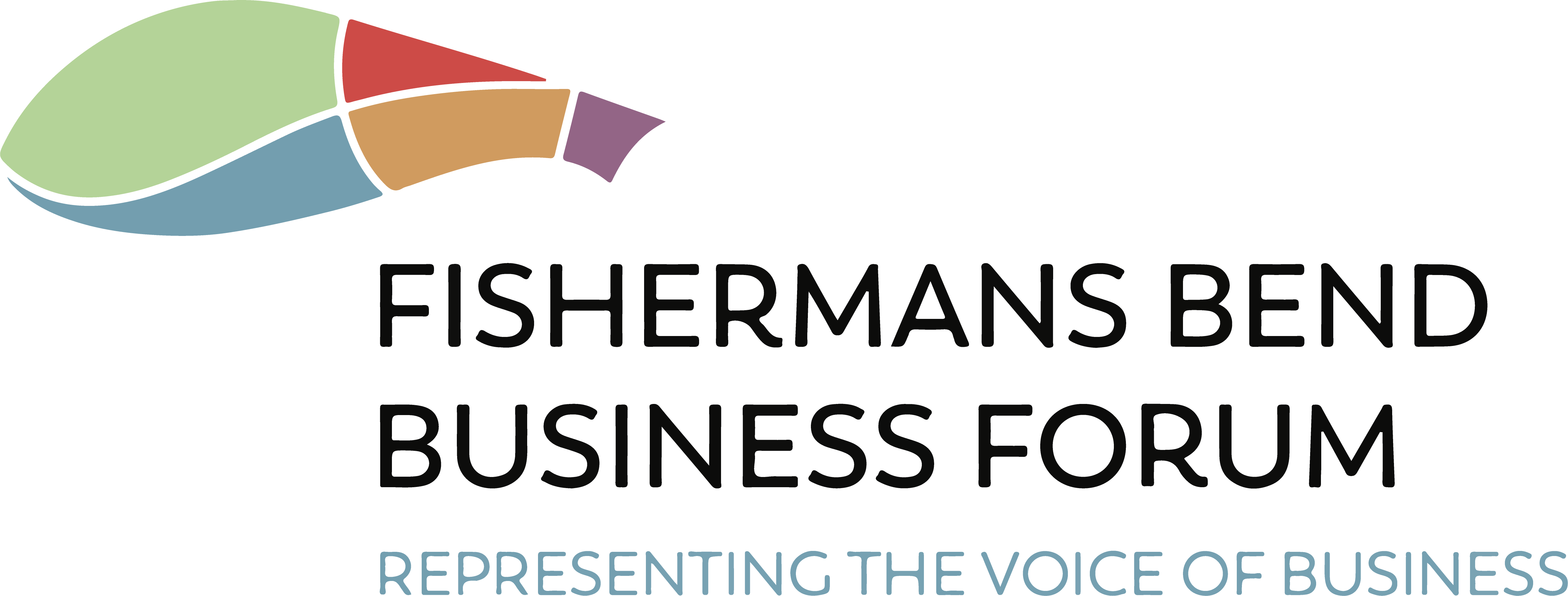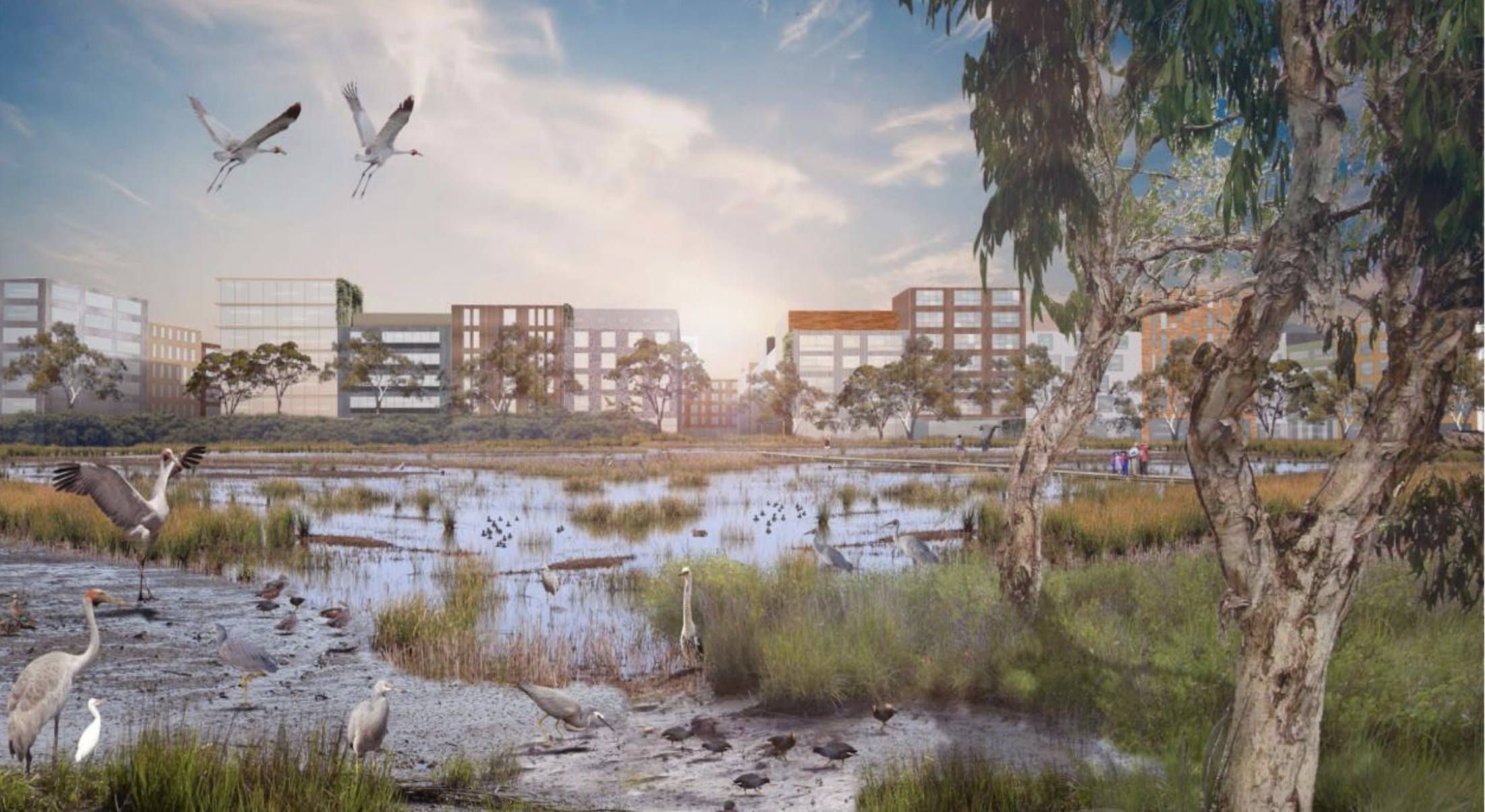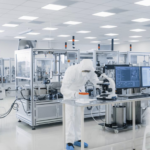
Collaborative Efforts for Enhanced National Security
In today's release of a defence special report in The Australian, author Len Sciacca underscores how vital Australia's world-class university sector is for enhancing national security and economic growth. Tripartite partnerships between government, industry, and universities support the Australian Defence Force, enhance regional stability, address security threats, and respond to natural disasters. The University of Melbourne is at the forefront of national security efforts, spanning defence ethics training to bio-threat forecasting and surveillance. This new report highlights the university's pivotal role in initiatives such as the recent $20m IARPA project on intelligence analysis, reflecting its commitment to advancing STEM education and strengthening Australia's sovereign capabilities, including support for the nuclear-powered submarine program. Notably, the university's Fishermans Bend campus is poised to serve as a crucial research hub, providing invaluable resources and expertise for collaborative endeavours with the Defence Science and Technology Group and the Australian Submarine Agency.
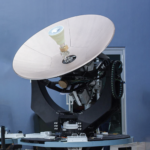
Revolutionising Maritime Satellite Communication
Advanced Composite Structures Australia is joining forces with EM Solutions to revolutionise maritime satellite communication. Together, they're spearheading the development of cutting-edge carbon fibre composite azimuth arms for Defence SatCom systems. These arms play a pivotal role in satellite communication, providing essential support and maneouverability for antenna reflector assemblies. The innovative use of carbon fibre composites offers numerous advantages over traditional metallic constructions, including higher strength-to-weight ratios, corrosion resistance, and durability in fatigue environments. This groundbreaking approach not only reduces weight and maintenance costs but also enhances performance, making it a significant advancement in naval communication technology. Through this collaborative effort, ACS-A and EM Solutions are setting new industry benchmarks and positioning Australia as a leader in maritime satellite communication innovation.
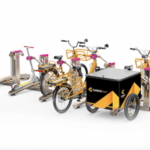
Safe and Secure Charging: Introducing OneDock
Recently unveiled in Fishermans Bend, OneDock offers a secure and controlled environment for charging, addressing concerns about electric vehicle battery fires, particularly in high-density housing like apartments. Developed with support from iMOVE Australia's Impact Extension Program, OneDock not only ensures safe charging but also incorporates tracking and sharing features for efficient fleet management. With the global e-micromobility charging market projected to reach $67 billion by 2030, microFleet aims to seize a 2% market share, equivalent to $1.35 billion. Their ambitious plan includes installing 100,000 smart docking points in Australia and 1 million worldwide by 2030.
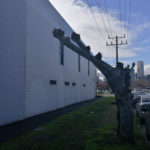
Balancing Biodiversity and Development: Our Urban Forest
Port Phillip aspires to achieve a 30% canopy cover for its urban forest, yet currently stands at only 17%, with tree loss on private lands being a key contributor. The densely populated area faces challenges in accommodating trees amidst urban development, prioritising car parking over greenery. Urgency mounts as temperatures rise, emphasising the vital role of trees in cooling cities and preserving biodiversity. Experts advocate for the strategic planting of indigenous species like Black wattle to enhance ecological richness. Despite hurdles, initiatives like the Port Phillip Urban Forest forum highlight the importance of community action and innovative greening approaches to close the canopy gap and foster a resilient urban ecosystems.

Book Review: Making it Here
Take a step back into the vibrant history of Fisherman’s Bend with David Radcliffe's new book 'Making It Here'. Eric Nigol, engineer and board member of the Fishermans Bend Business Forum, shares his review of this captivating book that delves deep into the lives of four enterprising engineers who shaped the manufacturing landscape of the early twentieth century. A must read for anyone interested in the history of early manufacturing in Melbourne, with each story showcasing the resilience and ingenuity of these early trailblazers.
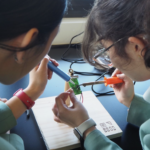
Empower Tomorrow's Leaders
Port Melbourne Secondary College (Port) is shaping the future workforce of Fishermans Bend and beyond, seeking local industry partners and mentors to enrich their programs. With a focus on entrepreneurship, design thinking, and practical problem-solving, Port empowers students to question, excel, and innovate. Through initiatives like the SMaRT program in Years 7 & 8, students learn creative technologies like digital media and robotics. The Incubator program in Year 9 fosters entrepreneurship, guiding students to develop startup businesses. Port actively collaborates with industry and community partners to provide real-world learning opportunities and seeks industry problems to solve and volunteer mentors to support students.
